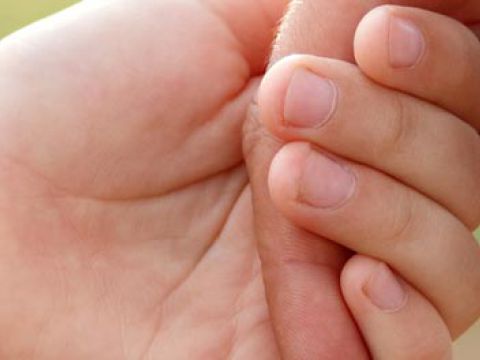2025
Mental Health Tips for Divorcees: Rebuilding With Care and Intention

Divorce is a life-altering event. Even when it’s the right decision, the emotional weight can be hard to carry. For many people, it brings a mix of grief, anger, confusion, and relief. Managing your mental health during and after this transition is not about “moving on” quickly but learning how to rebuild from a place of awareness and care.
To try and help with this process, we are sharing a few grounded, realistic tips that speak of the unique emotional challenges divorcees often face.
Acknowledge the Loss Without Rushing Closure
Divorce isn’t just the end of a relationship. It can mean the loss of routines, mutual friends, long-term plans, and even a sense of identity. Trying to ignore these feelings or rush toward positivity often backfires.
Allow yourself to sit with discomfort. That doesn’t mean staying stuck but rather recognizing that sadness and anger are part of healing. Journaling, art, or speaking with a therapist can help give these emotions space without letting them take over your day-to-day life.
Create Predictability Where You Can
Divorce disrupts daily life. Schedules change, finances shift, and homes feel different. Rebuilding a sense of structure can give your brain the predictability it craves in uncertain times.
To do this, focus on a few routines you can control:
- Go to sleep and wake up at the same time every day
- Make time for one form of physical activity daily, even if it’s a short walk
- Eat regular meals with basic nutrition in mind
- Limit sudden or impulsive decisions while emotions are running high
Structure doesn’t fix the pain, but it creates a steady base from which you can begin to recover.
Set Emotional Boundaries With Others
Friends and family often mean well but don’t always know how to support someone post-divorce. Some might push for details, take sides, or try to offer advice you didn’t ask for. It’s okay to set limits. Protecting your emotional energy is part of protecting your mental health.
Choose who you confide in. Keep conversations honest, but don’t feel pressured to explain your every decision. A neutral third party, like a counsellor, can be a safer space to process thoughts without judgment or unhelpful feedback.
Healing Is Not Linear
After divorce, it’s common to feel unsure of who you are outside the relationship. Take time to reconnect with your own values, interests, and preferences.
There will be good days and hard days, sometimes without warning. That’s normal. Healing from divorce is not a straight line. You might feel progress one week and overwhelmed the next. Instead of seeing this as a setback, treat it as part of the process.
At Kuldip Counselling, we work with individuals moving through life transitions like divorce. Therapy offers a space to pause, reflect, and move forward at your own pace. You’re not broken; you’re adjusting. And with the right support, you can build something solid again, one step at a time.
Kuldip Counselling and Consulting has two convenient locations in Surrey and Langley. They offer counselling services and compassionate therapy in the areas of addictions counselling, and family and marriage counselling.
If you have any questions about this article or would like to schedule an appointment, please call (604) 764-9575.


 November 28th, 2025
November 28th, 2025
 September 29th, 2025
September 29th, 2025
 July 29th, 2025
July 29th, 2025

